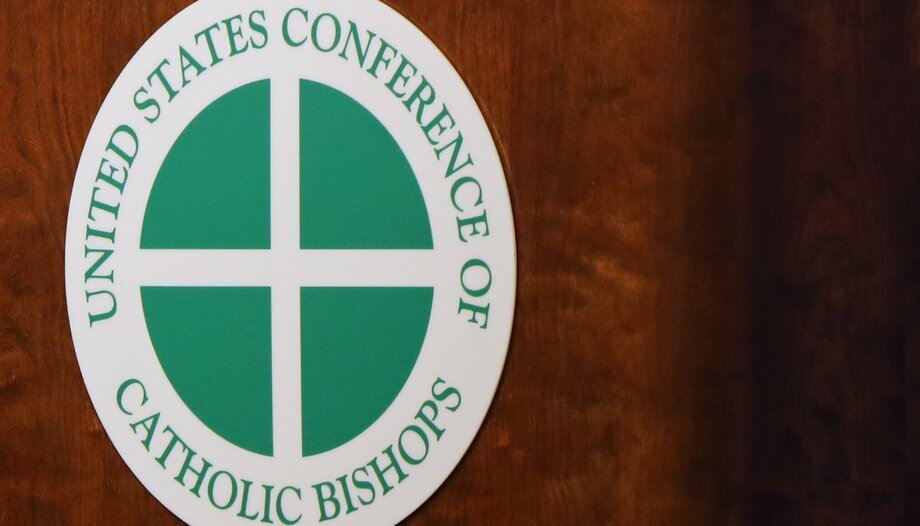On November 16, the plenary assembly of the United States Conference of Catholic Bishops (USCCB). Over the course of four days, the bishops discussed topics that will set the guidelines for the country's pastoral action in the coming years, among them: the Synod of Bishops (2021-2024), the Eucharistic Renaissance initiative and its national congress in 2024 in Indiana. Also, in view of the 2024 election year, the prelates also approved a new introductory note and various materials on the political responsibility of Catholics. Next year, the U.S. will elect a president, renew the entire House of Representatives, as well as 37 of the 100 U.S. senators.
In the new introductory note to the document "Forming Consciences for Faithful Citizenship," on the political responsibility of Catholics, the North American bishops affirm that their task in this area is to help the laity form their consciences, but not to tell them for whom to vote: "In these often complex matters, it is the responsibility of the laity to form their consciences and to grow in the virtue of prudence in order to approach the various issues with the mind of Christ," they clarify.
They further state that it is the responsibility of all to learn and deepen their knowledge of the teachings of the Church and tradition, to refer to reliable sources and on that basis to make wise decisions about candidates and government actions. The teachings of the Church, the text indicates, offer a vision of hope, justice and mercy.
In the document, the bishops recognize that the electoral seasons in the country represent a time of anxiety and trial because "the electoral rhetoric is increasingly aggressive, seeking to motivate hatred and division. Demonizing the other can win votes. For many American Catholics the abortion represents the only issue that defines their support for one party or another.
In light of this, the U.S. bishops point out that while the threat of abortion is "our preeminent priority" because it attacks the most vulnerable, there are also other serious threats to the life and dignity of the human person, including: euthanasia, gun violence, terrorism, the death penalty and human trafficking, the redefinition of marriage and gender, the deprivation of justice for the poor, the suffering of migrants and refugees, wars, famines, racism and the environment. "All these issues also threaten the dignity of the human person," the bishops specify.
In addition to this new introduction, this fall assembly approved a video on the political responsibility of Catholics, as well as a series of formative materials to be published in the parish bulletins of the country and disseminated in other media of the dioceses. The texts address five themes related to elections and politics, among them: "the role of the Church in public life", "the dignity of the human person", "the common good", "solidarity" and "subsidiarity".
The video features the bishops exhorting lay Catholics to behave in public and political life like the Good Samaritan, to be responsible citizens informed and formed according to the mind of Christ, so that "leaving behind all bitterness, passion and anger they can vote as faithful citizens." The document "Forming Consciences for Faithful Citizenship" was first published in 2007 and is updated every four years, prior to each presidential election. The updated 2023 text will be posted on the USCCB website in the coming weeks.








